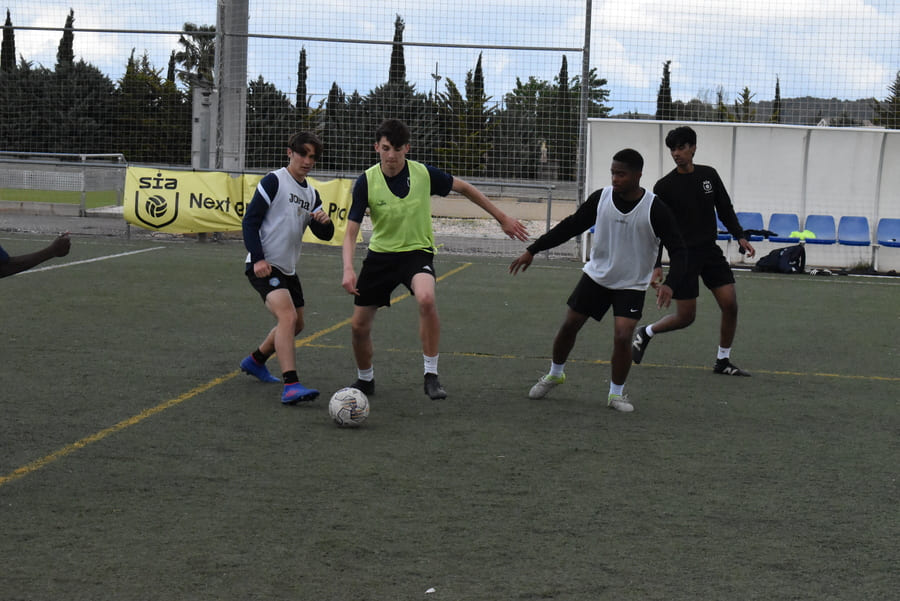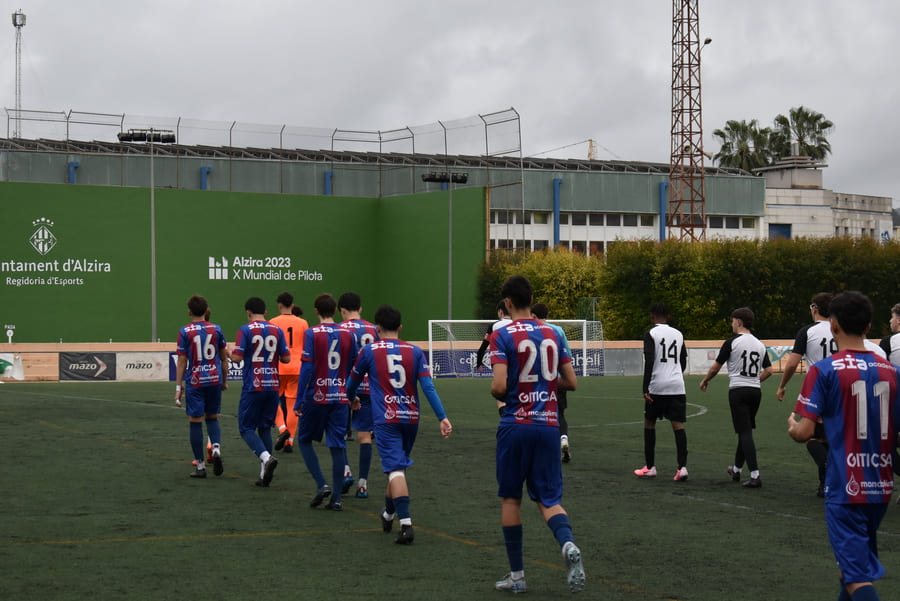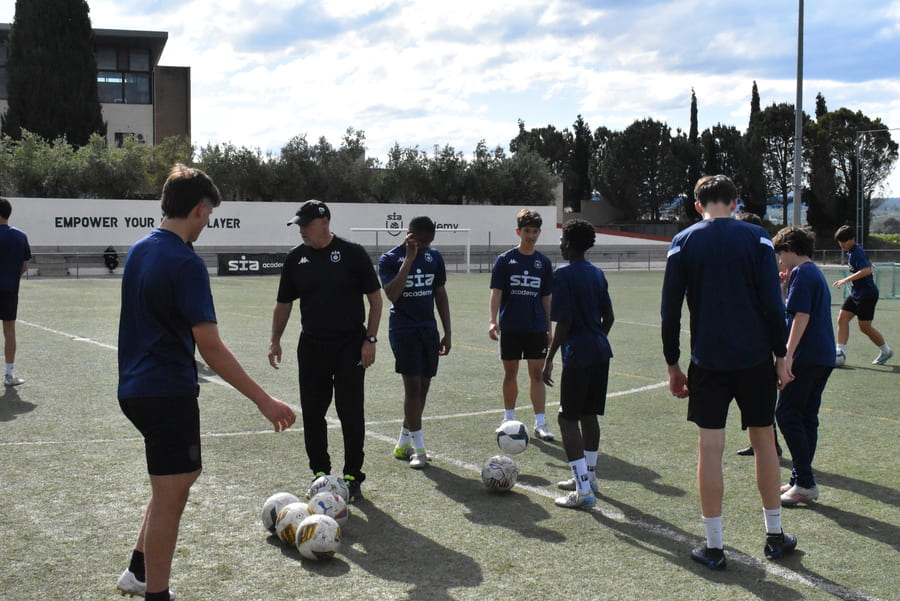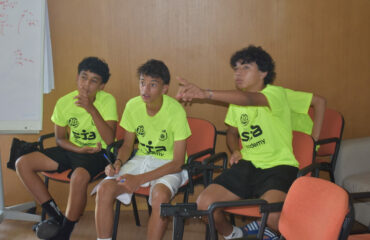On every footballer’s path, shadows eventually appear. Not being called up, sitting on the bench, or simply not feeling like a key player can provoke deep frustration. That feeling of falling short, of questioning yourself, or even thinking that all the hard work is pointless, is more common than it seems. However, it’s also one of the most important tests a player must overcome to go far—not just in sport, but in life.
At SIA Academy, where players from all over the world are trained through a comprehensive vision, these situations aren’t avoided—they’re faced with professional support, emotional training, and a growth mindset. Here, it’s understood that not all learning comes from having the ball at your feet. Sometimes, you learn more when you’re not playing, when you feel frustration and choose to use it as a tool for growth.
Table of contents
Accepting what you feel is part of the process
One of the most important aspects is to validate your emotions. It’s okay to be angry, hurt, or disappointed. Pretending everything is fine or suppressing emotions only makes them more intense. The healthy response is to accept them, express them properly, and then turn them into something useful. As José Luis, the Academy’s sports psychologist, often says:
“There are no negative emotions, only messages the body and mind send us so we can make adjustments. Frustration is not the end—it’s a signal to pause, reflect, and grow.”

When you’re not playing, you’re still developing
Often, players without minutes feel invisible. But that’s precisely when you discover who has the mindset of a true professional. You don’t need applause to train like a starter. At SIA Academy, the culture of silent effort is deeply rooted—the importance of invisible training, the kind no one sees but everyone notices when the opportunity comes and the player delivers. Because football rewards those who are ready, not just the talented.
Your value isn’t defined by minutes played
It’s crucial to understand that a footballer’s worth doesn’t depend solely on playing time. Your attitude during training, your involvement with the team, and how you behave during tough moments are real indicators of maturity and professionalism.
At SIA Academy, players are educated to understand that integral development includes emotional management and invisible effort.
Speak up—don’t shut down: the importance of communication
Communication plays a vital role. Instead of holding in doubts or anxiety over not playing, the healthiest approach is to respectfully speak with the coaching staff and ask: “What can I improve?”, “What do you expect from me?”, “What should I focus on?” These conversations, when carried out with maturity, don’t weaken the player’s image—they strengthen it.
The Academy actively encourages open dialogue and the building of relationships based on trust and responsibility. A player who asks, listens, and takes initiative is showing true intent to grow.
Surround yourself well and remember why you play
When frustration hits, your environment becomes crucial. Surrounding yourself with people who lift you up and give your perspective is essential. The psychological work at SIA Academy aims to develop players not only as athletes but as emotionally balanced individuals.
As José Luis notes:
“The most emotionally stable footballers aren’t the ones who don’t feel frustration—they’re the ones who know what to do with it. That’s where the real level-up happens.”
At those times, it also helps to go back to the beginning. Why did you start playing football? What made you fall in love with the game? Reconnecting with that essence—that pure emotional connection to the ball—can reignite your motivation and focus.

Patience, resilience, and a long-term vision in the face of frustration
In football, as in life, nothing is linear. One stint on the bench doesn’t define a career, just as one start doesn’t guarantee success. Many top-level players spent years in the shadows before breaking through.
SIA Academy emphasizes this idea: the process is just as important as the result. Every phase plays a role. And these frustrating moments are, in fact, valuable spaces for personal growth.
Everything you’re experiencing now is shaping you. It’s teaching you patience, perseverance, and character. And those traits, far beyond the pitch, are what will carry you through even greater challenges.
Frustration and lack of minutes hurt, but they also teach. They’re an inevitable part of a serious football journey. What separates those who succeed isn’t avoiding these moments, but rather how they face them, how they transform them, and what they do with them.
At SIA Academy, these challenges are addressed with real support, practical tools, and a clear belief: success isn’t just playing—it’s being ready when your moment comes. And trust me, if you do the right work, that moment will come.






